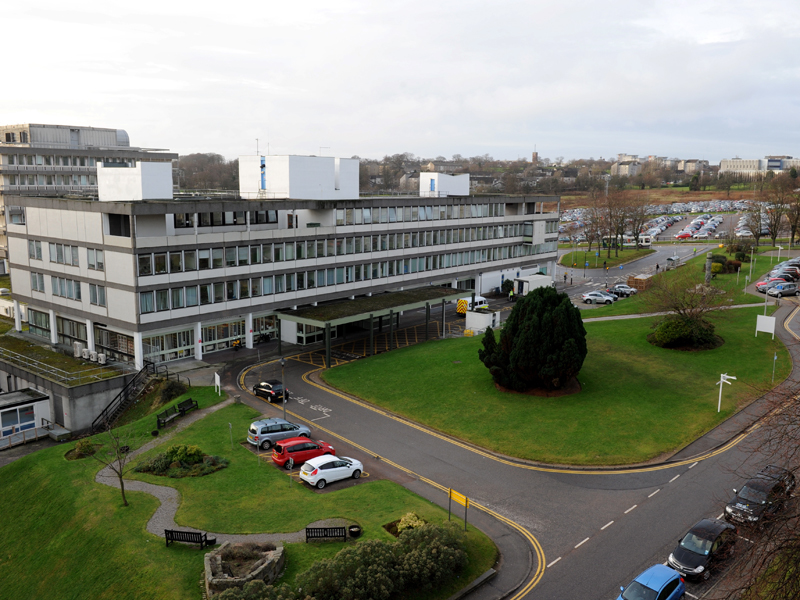North-east health chiefs were last night under fresh fire over their treatment of whistleblowers after it emerged that there is no central system for recording staff concerns.
The admission prompted campaigners to accuse Scottish ministers and NHS Grampian of failing to prevent discrimination against workers who try to report problems in the service.
Health Secretary Shona Robison insisted last night that she had been “absolutely clear” that the board must have an effective whistleblowing system in place.
Several senior staff members have been suspended at the north-east health authority in recent months following critical inspection reports, including Professor Zygmunt Krukowski, the Queen’s Surgeon in Scotland.
Supporters allege that some medics have been targeted by NHS Grampian chiefs after they raised concerns about management at Aberdeen Royal Infirmary.
One campaigner tabled a series of freedom of information questions to the board on its processes for recording whistleblowers’ concerns, prompting NHS Grampian to admit in its response that such information “is not recorded”.
A spokeswoman for the health board said yesterday that concerns were dealt with on a “case by case” basis.
Dr Minh Alexander, an East Anglia-based former consultant and whistleblower, lodged the freedom of information request.
She said: “NHS Grampian has effectively failed to demonstrate that they do not discriminate against whistleblowers.
“Clearly NHS Scotland haven’t been chasing these health boards about their whistleblowing governance before. If they had been, they would have realised that they haven’t been doing it properly.
“I think it’s a form of collusion between governments and these health boards.”
The concerns emerged just days after Ms Robison hailed a “sea change” in the culture at NHS Grampian during its annual review.
Dr Alexander has written to the SNP minister to highlight her concerns.
“Without this systematically-gathered evidence, it is hard to see how you or NHS Grampian can claim that it has good whistleblowing governance,” she said in the letter.
Ms Robison said: “We are absolutely clear that NHS boards should ensure their staff feel they can raise any concerns they may have about patient safety and malpractice, because it helps to improve our health service and ensures care is as safe as it possibly can be.
“Boards are responsible for ensuring they have effective monitoring and evaluation of whistleblowing concerns in place taking account of relevant guidance.
“I am clear that NHS Grampian must have an effective system of oversight in place. I understand that the board is improving systems to allow data to be collected centrally and I welcome that.
“Aside from oversight and monitoring, the most important thing is that there is a culture and system in place to allow staff to raise concerns effectively.
“I believe that NHS Grampian has made good progress in this respect and hope improvements to data collection and monitoring embed that even further.”
An NHS Grampian spokeswoman said: “Individual staff concerns of this nature are not routinely recorded through a corporate line but instead are dealt with through locally supported reporting structures on a case-by-case basis.
“We are currently looking at ways in which we can improve reporting and organisation-wide data capturing through these structures.
“We fully support staff who raise behaviour or patient safety concerns and investigate each case thoroughly.
“The NHS Scotland confidential alert line is available for any member of staff to raise concerns outwith the board. The last six-month data report showed no concerns had been raised against NHS Grampian.”
